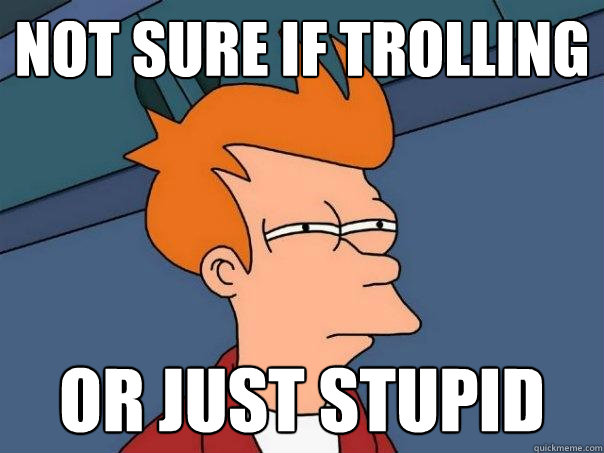If I recall how the system works, the manufacturer or in this case the developer makes the product and then retail stores buy it bulk from them or through a wholesaler, either way they then mark up the price of each individual product and sell it to you so they can in turn make a profit. If the retail store runs out of stock then they have to order more which means more money for the developer. So yes, the more new games sold, the more money the developer makes.
It's a trickle down effect.
It's a trickle down effect.

